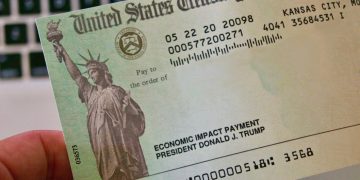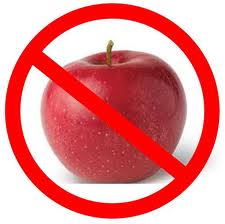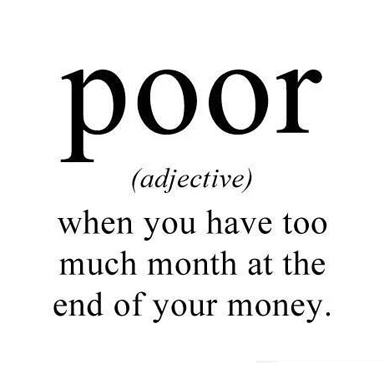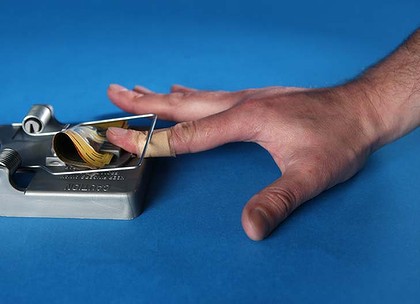When trying to work your way out of debt, seeing the light at the end of the tunnel can seem impossible. Feeling like the debt is endless is a typical feeling, and because of it, many people are quick to look for extreme options to put cash back in their pockets. However, most of these options can actually leave you in a worse financial position than you were in before. A few major money traps to avoid include:
Taking Out a 401(k) Loan
Even those with the best of intentions rarely pay a 401(k) loan back after taking one out. Even if you feel like you are maxing out for 401(k) each year, that doesn’t mean you should ever remove money from your retirement account. By taking out a 401(k) loan to put extra cash back in your pocket or to pay down debt, you directly compromise your retirement. Instead of taking out a 401(k) loan for extra spending money, first look to your finances to see where you just may be overspending on frivolous items.
Unfortunately, as the administrator of my company’s 401(k) plan, I very often see people use their 401(k) as if it’s a pay day loan program. The same people who take loans out and pay them off often start a new 401(k) loan as soon as the last one is paid! They never get to see a pull pay check and they’re robbing from their future selves by falling for this relatively common money trap.
Refinancing Your Mortgage
There are very few circumstances under which refinancing your mortgage is actually beneficial – one of which being when you consolidate an equity loan with your mortgage, and another being when interest rates are truly lower than your original rate. So unless you have two loans to refinance in to one or interest rates are at least one percent or more lower than your current interest rate, do not refinance.
Otherwise, if you choose to refinance, the closing costs and the interest that you’ll wind up paying on interest could wind up costing you more than you’ll actually save each month on your monthly mortgage payment.
Entering a Credit Consolidation Program
In order to save on the interest paid to credit card companies and to reduce overall monthly payments, many card holders with high debt choose to enter a credit consolidation program. However, these programs can wind up costing a credit card holder more because of hidden fees (or monthly “donations”) or simply extending payments for a longer period which ultimately costs more money.
Instead of entering a credit card consolidation program, contact your credit card companies and ask for lower monthly payments or interest rates. Because these creditors are interested in getting paid more than anything, they are generally willing to work with you to ensure that they are repaid in full. Often times, you can also find something within your budget to cut back on as well.
While it is never easy to repay debt or to do so quickly, it can definitely be done. Just like the IRS is willing to forgive or work with you on due from past taxes, creditors and others in which you are indebted to are generally willing to work with you so that you don’t have to enter into a money trap and are still able to pay them back easily. Before you give in to a money trap, consider your other options, and above all, consider your current spending habits. You may find that there are still a few ways in which you can cut back.
























